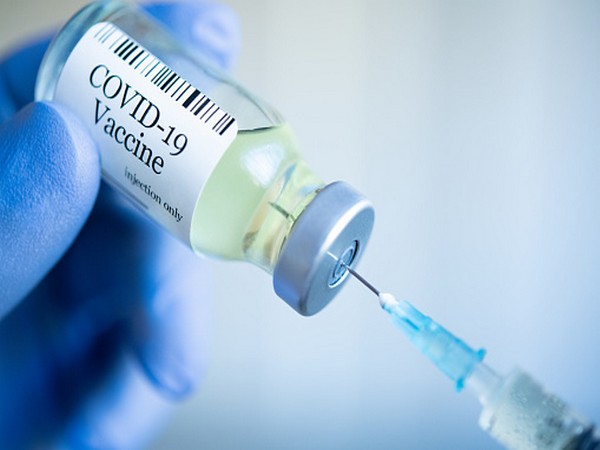With just four million citizens in the country fully or partly vaccinated, the University of Health Sciences (UHS) has begun developing protocols to begin clinical trials for the nasal Covid-19 vaccine.
That would be a one-dose vaccine and will not involve the use of a syringe. Since receiving consent from three commissions, the clinical trial is expected to begin in six to eight weeks.
On the other side, in a single day, the country recorded 3,060 new cases and 57 deaths covid-19.
Dr. Javed Akram, UHS Vice-Chancellor, aids that the university had begun preparing guidelines for the nasal vaccine’s clinical trial.
“The vaccine will be single dose and has been manufactured by the Cansino Biologics whose single-dose injectable vaccine is already being used in Pakistan. Nasal vaccines are usually given to children but there will be no age limit for it and it can be administered to both children and adults,” he said.
The vaccination would be able to cause an immune reaction both at the infection site and in the respiratory tract. While children are less affected by covid-19, they are a significant cause of viral transmission, so the vaccination will aid in the development of herd immunity.
The vaccine, which is currently in use in China, will be provided to about 5,000 volunteers during the clinical trial, and its effectiveness and protection will be linked to injectable vaccines, according to Dr. Akram.
He added that the nasal vaccine could be less expensive or accessible at a lower cost.
“Once protocols are finalized, the university’s review board will analyze it and then refer it to the National Bioethics Committee. Final approval of the Drug Regulatory Authority of Pakistan (Drap) would be required. I hope the entire process will be completed within six to eight weeks,” he said.
In response to a query, Dr. Akram stated that volunteers will be screened for vaccine effectiveness using polymerase chain reaction (PCR) tests and next-generation sequencing.
He wished that the nasal vaccine will work against both varieties.
Meanwhile, the National Command and Operation Centre (NCOC) announced on Monday that over 200,000 citizens are being vaccinated every day throughout the world, with a total of 5,574,823 vaccine doses administered.
In the last 24 hours, 3,060 individuals have caught the infection, with 57 of them dying. There were a total of 506 patients on ventilators throughout the country.
According to data from various cities, 67 percent of vents were used in Multan, 43 percent in Lahore, 40 percent in Bahawalpur, and 35 percent in Peshawar. Multan had the most oxygenated beds, with 59 percent of beds occupied, followed by Swabi with 47 percent, Peshawar with 39 percent, and Bahawalpur with 37 percent.
As of May 24, there were 62,917 active cases, down from 90,000 the previous month.
The virus has affected a total of 903,599 individuals, of which 820,374 have survived and 20,308 have died. At the moment, 4,763 patients are being treated in hospitals across the country.
In the meantime, a host of industries, including tourism, began operations on Monday.
From May 24, the NCOC agreed to open educational schools, hotels, and tourism attractions in cities with less than a 5% Covid-19 positivity ratio. It did, though, vote to hold restrictions on shrines, cinemas, indoor dining, touch activities, concerts, and indoor/outdoor events in place, as well as abolish inter-provincial public transportation on weekends.
From June 1, the forum permitted the resumption of elective surgeries and the hosting of outdoor wedding ceremonies for up to 150 people. It also enabled board exams to be held after June 20. Many educational institutions that do not open on May 24 will begin again on June 7, phased this time, and decisions will be checked on May 27.










